What to expect from a 200-hour YTT in Bali
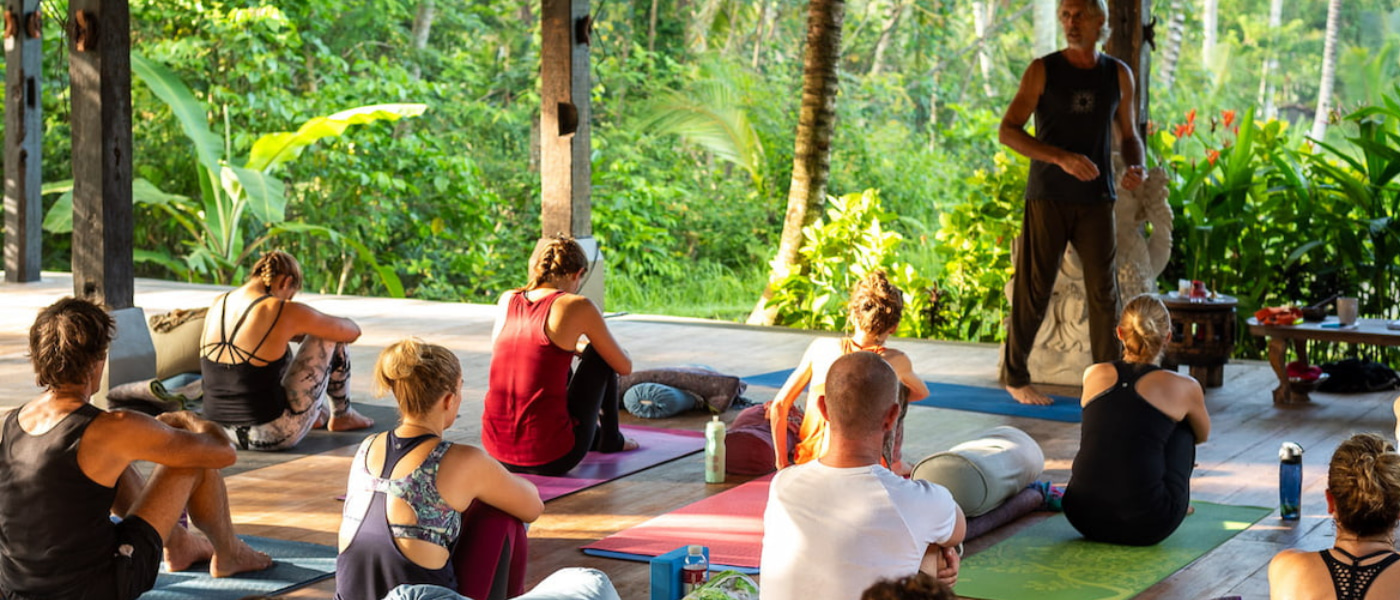
“Yoga is the journey of the self, through the self, to the self.” , The Bhagavad Gita
A few years ago, while I was curled up with a turmeric latte at Woods restaurant in Pererenan and a deadline I’d long missed, I stumbled across a stat that said over 25,000 people enroll in 200-hour yoga teacher trainings (YTTs) every year and Bali?
Bali’s top of the list. I wasn’t surprised, really. Something about that island pulls on the soul.
I remember googling “What to expect from a 200-hour YTT in Bali” and falling into a rabbit hole of perfectly curated retreat photos and vague, influencer captions. Honestly? I wanted more than dreamy shots.
I needed the real stuff. Like, what time would I wake up? What if I didn’t want to teach but just wanted to feel more… centered? (Also, did they have good coffee?)
If you’re here wondering the same, let’s talk. No fluff, no perfection. Just a sisterly rundown of what this journey might really look like for your body, your brain, and your beautiful, overbooked heart.
Why Bali?

Bali is kind of yoga’s spiritual Disneyland. But beyond the sarongs and smoothie bowls, it’s genuinely a powerful place.
You feel it. In Ubud the cultural heart, morning incense wafts through the air like some kind of soul-reset mist. The island isn’t just beautiful. It’s sacred, and it shows.
Yoga teacher trainings in Bali have exploded. There’s a reason the top searched phrase is “200 hour yoga teacher training Bali”.
Women like you and me are craving something deeper. If you’re seriously considering attending, check YOGI TIMES’s 200-hour yoga teacher training in Bali for certified options, dates.
What is a 200-hour YTT anyway? (and do I have to be bendy?)
Good news: you don’t have to touch your toes or quote Sanskrit to show up. A 200-hour YTT is the standard certification for aspiring yoga teachers, but truth be told, many women take it just to grow.
Here’s what you’ll explore:
- Asana (poses, with purpose)
- Pranayama (breathwork)
- Meditation and philosophy
- Anatomy and alignment
- Teaching methodology
- Business of yoga (marketing, ethics, class planning)
Also expect to practice teaching yes, in front of other people. It gets easier, I promise.
Daily life – from sun salutes to moonlit stillness
Days start early. Like, 5:30 a.m. early, 6.30 am if you are lucky.
Your schedule might include:
- Meditation or breathwork to wake up
- Morning yoga practice
- Group breakfast
- Anatomy or philosophy lecture
- Peer teaching or journaling
- Evening gentle yoga or quiet time
Most programs offer one day off each week for rest or exploring Bali.
The styles you’ll practice
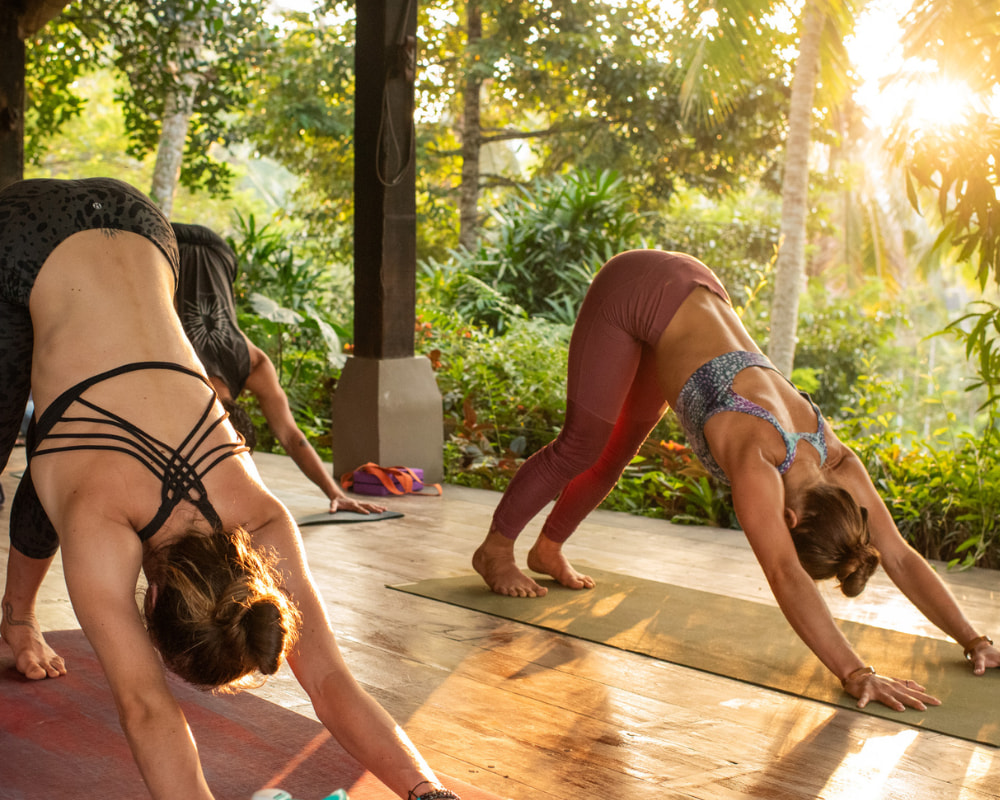
Most Bali programs offer a blend of styles. You might encounter:
- Hatha Yoga (traditional)
- Vinyasa (flowing and modern)
- Ashtanga (structured and strong)
- Yin or Restorative (deep and slow)
- Meditation and breathwork
- Yoga philosophy (Vedas, Sutras, Upanishads)
You’ll leave with exposure to various systems and perspectives, not just one approach.
Food, beds, and bugs
Expect:
- Vegan or vegetarian meals (often sattvic)
- Eco-resorts, or boutique stays, glamping hotels, dedicated retreat centers…. they are plenty. on the Island.
- Shared or private rooms
- On-site laundry
- Good WiFi (in most places)
- Tropical bugs, bring repellent
Packing musts : yoga towel, reusable water bottle, light breathable clothing, sunscreen, a power bank and a few spiritual essentials. For a full checklist, read packing your soul bag.
What it costs?
Most 200-hour YTTs in Bali cost between $1,000 and $2,500.
Typically included:
- Lodging
- Meals
- Course materials
- Excursions or ceremonies
Not included:
- Flights
- Travel insurance
- Visa (30 days for $35 on arrival; extendable with an Visa Agent, your school can help you with that easily. You can also organize your visa yourself on the official government website here: https://evisa.imigrasi.go.id/)
Some schools offer scholarships or trade for volunteer programs.
How to choose the right school?

Ask these questions:
- Is it Yoga Alliance 200-Hour Standards certified?
- Are teachers E-RYT 500 or experienced?
- What are real students saying?
- What’s the student-to-teacher ratio?
- Does the style and vibe feel aligned with your goals?
Always read third-party reviews or reach out to past graduates.
When you compare trainings, don’t just look at the photos. Check the curriculum (asana, pranayama, philosophy, anatomy), location and setting, what’s included in the price, and what a typical training day actually feels like in real life.
And if you’re also considering Thailand as an alternative destination, All Yoga’s 200-hour yoga teacher training in Thailand can be a useful reference point for curriculum, daily schedule, and overall structure.
What you’ll actually walk away with
By the end, you’ll have:
- A Yoga Alliance-recognized certificate
- The ability to lead a class with confidence
- A deeper personal practice
- Understanding of yogic philosophy
- Tools to build a teaching career or deepen your life path
Some leave to teach. Others just feel changed in the best way.
Real talk : is this for me?
If you’re still thinking about it, probably yes.
You don’t need to be a teacher, or perfect, or advanced. Just curious. If you’re looking for purpose, peace, or maybe just space to breathe, YTT in Bali is worth considering. Still unsure if this path is for you ? Check out our guide : is a yoga teacher training in Bali right for you ?
Before you go : a few tips
- Practice yoga daily, even if just 10 minutes
- Prep emotionally, it might get intense
- Journal often, it helps you track growth
- Pack smart, not heavy
- Don’t over-plan your free time. Let Bali guide you.
FAQs
Yes. Absolutely.
Yes, most programs are Yoga Alliance approved.
Yes, especially in Ubud and retreat areas.
That’s okay. Many come just to deepen their practice.
Your next chapter is calling

Maybe this isn’t about teaching. Maybe it’s about remembering who you are beneath the noise. About stillness. Strength. Something honest.
If you’re feeling that pull… it might be time.
Watch this video: Vinyasa Flow from a Bali Grad
Read more: Visa & Travel Guide
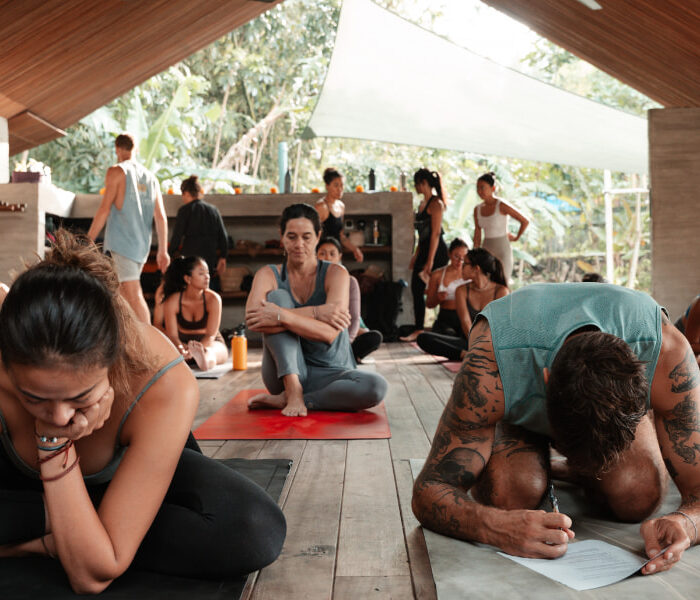
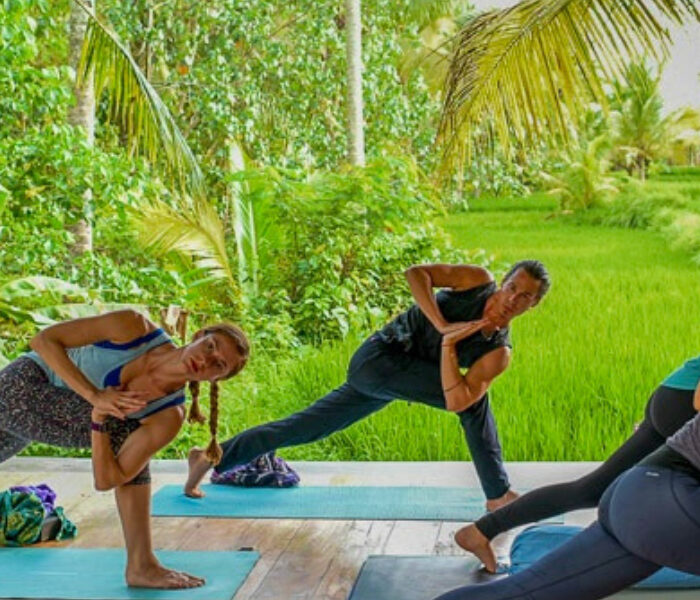
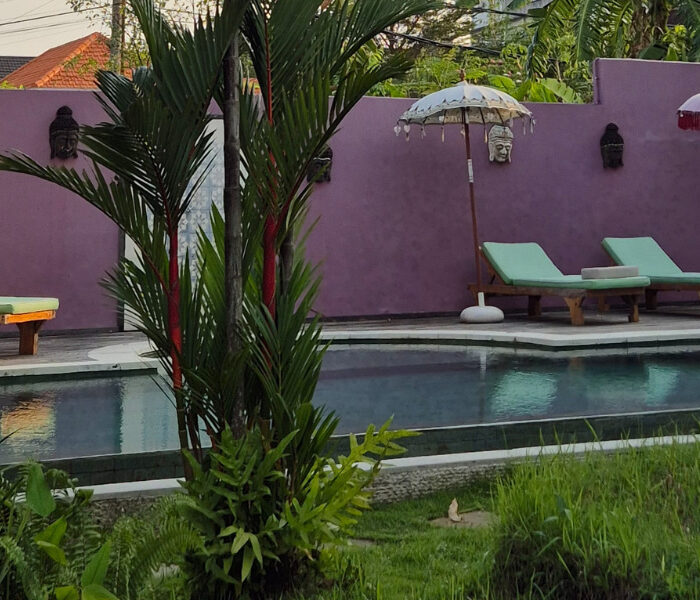


I thought yoga teacher training was just about poses, but this course was deep. learned so much about myself.
The early mornings were tough, but the sunrise yoga sessions made it worth it. bali’s energy is real.
didn’t expect to cry during philosophy class, but here we are. this training is transformative.
honestly wasn’t sure what to expect but this 200hr ytt in bali sounds like such a deep experience
I appreciate you sharing this blog post. Thanks Again. Cool.
Sounds like the perfect combo of challenging and supportive, exactly what i want in a teacher training
Wish i knew about this before booking my last retreat haha, next time for sure!
Loving that the food in bali is healthy and nourishing during the training
sounds like the kind of experience that totally changes your perspective on yoga and life
This article breaks down the whole 200hr training in a way that feels doable and exciting
The part about journaling during training is something i never thought about but makes total sense
Definitely interested in the self-care parts, sounds like they really take care of trainees
it’s cool how they include yoga philosophy classes, not just the physical parts
The balance between theory and practice makes me feel more confident about starting a training
bali’s nature must make those outdoor yoga sessions unforgettable
Love that the instructors encourage finding your own teaching style, that’s important
the daily schedule looks busy but so worth it for that personal growth
Hearing about the meditation and breathwork sessions really sold me on the spiritual side of the training
never done yoga teacher training but this article made me wanna book a ticket to bali ASAP
The community aspect sounds amazing, learning alongside others with the same passion must be inspiring
I love how these trainings focus on both the body and the mind, not just poses
Can’t wait to do my own 200hr YTT someday, bali looks like the dream place for it
200 hour yoga training seemed intense but hearing about the balance of rest and study makes it less scary
Bali is such a beautiful spot for a yoga teacher training, gotta love that island vibe
Wow the mix of yoga, culture, and nature sounds like the perfect way to learn teaching skills
That mention of local cultural immersion is what makes this training unique
great article, gives a real idea of what to expect so no surprises when you get there
learning anatomy and alignment properly sounds like such a game changer for teaching yoga
i appreciate the honesty about how intense it can get, not just sunshine and lotus poses
Pretty! This has been a really wonderful post. Many thanks for providing these details.
the group discussions part sounds like a great way to bond and learn from others
sounds like you don’t just learn yoga, you grow as a person
meditation + bali + yoga training = sign me up
that teaching practice part sounds scary but also exciting